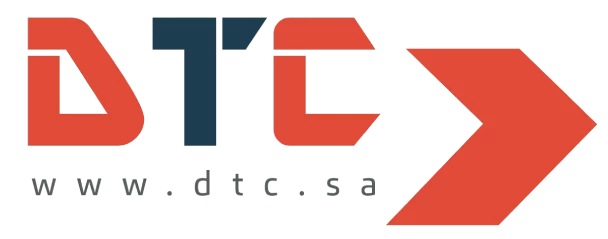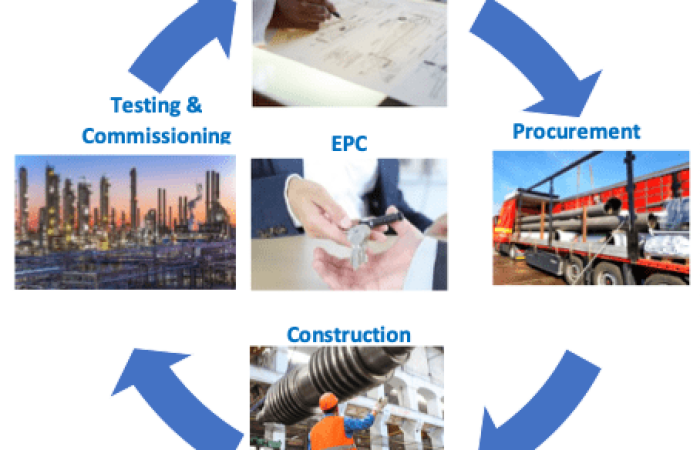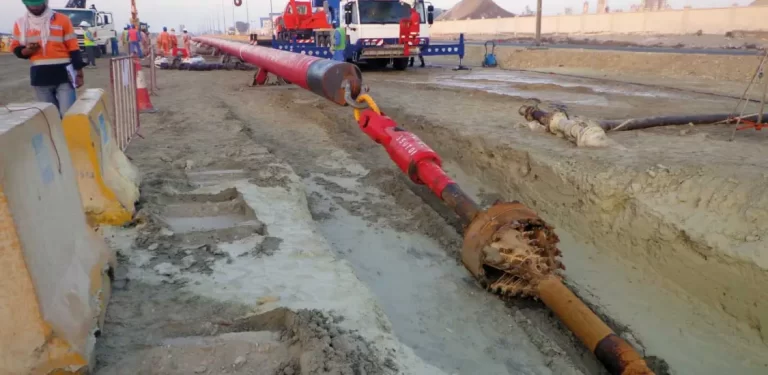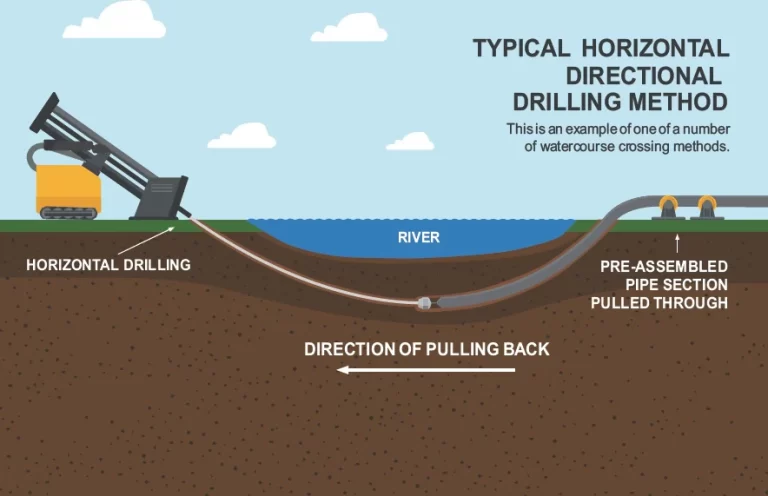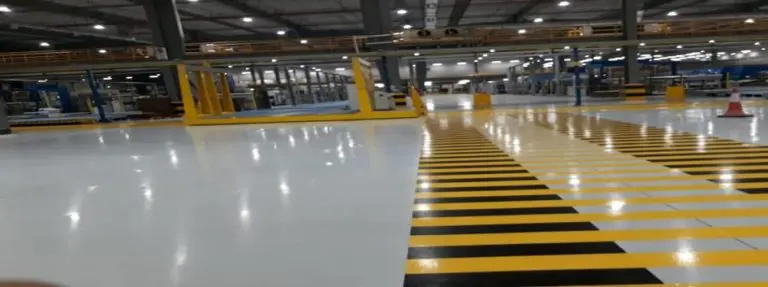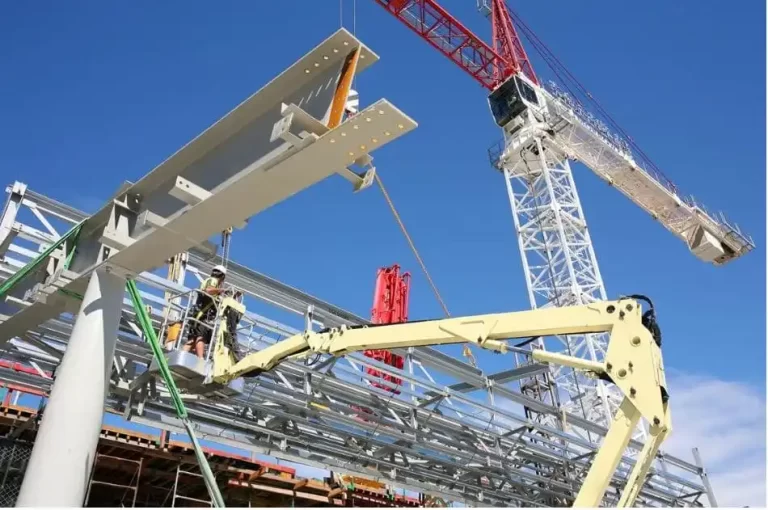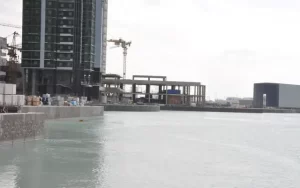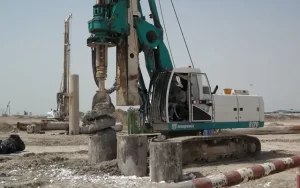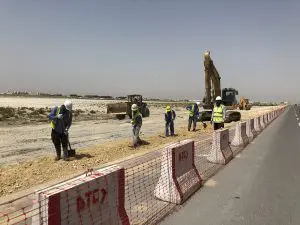What are the Advantages & Disadvantages of EPC Contracts?
Many renewable energy and power organizations use Engineering, Procurement, and Construction (EPC) contracts for large infrastructure projects (or turnkey construction contracts). This contract forms a link between the owner and the contractor to supply professional or technical services. The primary or owner enters into an EPC contract with the EPC contractor, who subsequently enters into several subcontracts with subcontractors to complete specific work areas. They will oversee not only the technical aspects of the project but also the purchase of equipment and the design and construction of the facility, plant, or project.
EPC contracts enable project owners to control risk better while allowing contractors to allocate and specialize in their job. This strategy is employed when the owner’s idea design is more practical and wants someone to build a solution to offer that functionality. Contractors have complete authority over the project’s design, procurement, and construction from start to finish under standard EPC agreements.
EPC contracts are sometimes called turnkey construction contracts because they allow the owner to “turn the key” when the project is done, and the system fully functions. Contractors must provide a finished construction or plant and do it within a given budget and timetable. This guarantee ensures that any excess costs are borne by the contractor rather than the principal. The contractor may face financial penalties if the plant is not constructed to the stated level at the end.
Advantages
EPC projects take less time, resources, and effort to complete since the contractor, like DTC, organizes the different agents engaged in the process. An incident response team of professionals and technicians responds to the occurrence and addresses any difficulties. The technical workforce assures the quality of their work, and the contract’s execution timeframes are set from the start, ensuring delivery.
By having the same team from DTC coordinate all of the work, EPC projects become a less expensive alternative than the traditional method, which consists of contracting the development and execution of the renewable project individually, engaging several agents. This is just another of its most favorable characteristics.
DTC provides engineering, supply, construction, installation, and commissioning services, as well as ongoing operation and maintenance. We do complicated tasks in rapid time while ensuring optimal quality. In the EPC business, this is our distinct competitive edge.
Disadvantages
While principals benefit from having a single point of contact for project delivery, they lose participation in the design process, which increases risk if the project’s design is crucial. Principals should rigorously set the project’s milestones to prevent overlooking lifetime expenses and scope adjustments. Furthermore, because the contractor controls the design and construction, the owner is not subject to the regular checks and balances required in such projects. You do not need to be concerned about the disadvantages mentioned earlier. DTC is there for you!
Our best engineers, architects, project managers, and specialists collaborate to provide our clients with seamless, high-quality services. We know that the construction industry is continually developing due to new technological advancements and current best practices. DTC employees get constant training to adapt to new processes, cutting-edge technology, and cutting-edge techniques to offer you the best mix of services possible. If you have any queries, call us at + 966 13 86 77717.
